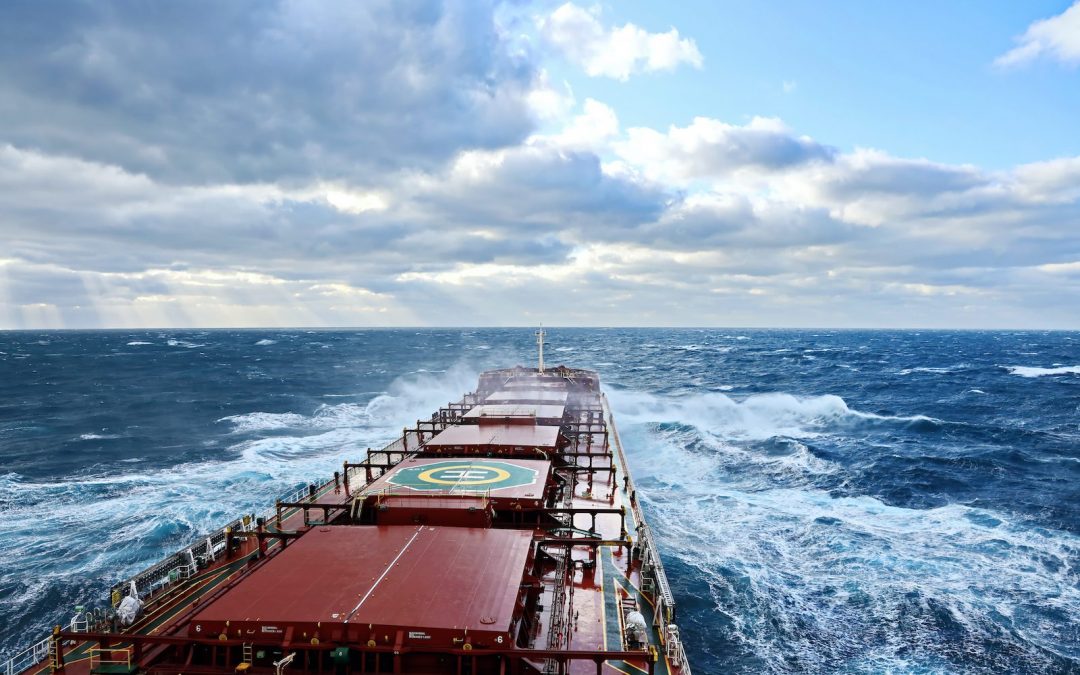The Baltic Exchange’s dry bulk sea freight index dropped on Wednesday for the sixth straight session, dragged lower by steadily declining rates for capesize shipping vessels.
The overall index, which factors in rates for capesize, panamax, and supramax shipping vessels, was down 69 points, or 3.1%, at 2,150.
The capesize index was down 200 points, or 5.4%, at 3,530, a fresh low since Nov. 24.
“In the Capesize segment, a two-tier market emerged, characterized by weak demand in the Atlantic contrasted with more robust activity in the Pacific,” Intermodal research analyst Chara Georgousi wrote in a weekly note, citing “strong iron ore shipments from Australia and weather-related disruptions in China.”
Average daily earnings for capesizes, which typically transport 150,000-ton iron ore and coal cargoes, decreased by $1,658 to $29,278.
Iron ore futures rebounded, supported by lingering low inventories and expectations of a flurry of buying for winter restocking.
Bucking the trend, the panamax index was up 2 points, or 0.1%, at 1,917.
Average daily earnings for panamaxes, which usually carries about 60,000 to 70,000 tons of coal or grain cargo, increased by $21 to $17,252.
Among smaller vessels, the supramax index was down 11 points at 1,397, extending its losing streak for the 11th session.
Meanwhile, shipping companies remain in the dark over a new international navy coalition being assembled by the United States to combat attacks in the Red Sea, with many vessels continuing to avoid the area or canceling contracts, shipping, and maritime security officials said.
“The extended journey around Africa could lead to a dramatic increase in voyage lengths. This shift would notably affect Asia to Europe container trade, which predominantly relies on the Suez Canal passage,” Georgousi noted, flagging inflation risks.
Source: Hellenic Shipping News






